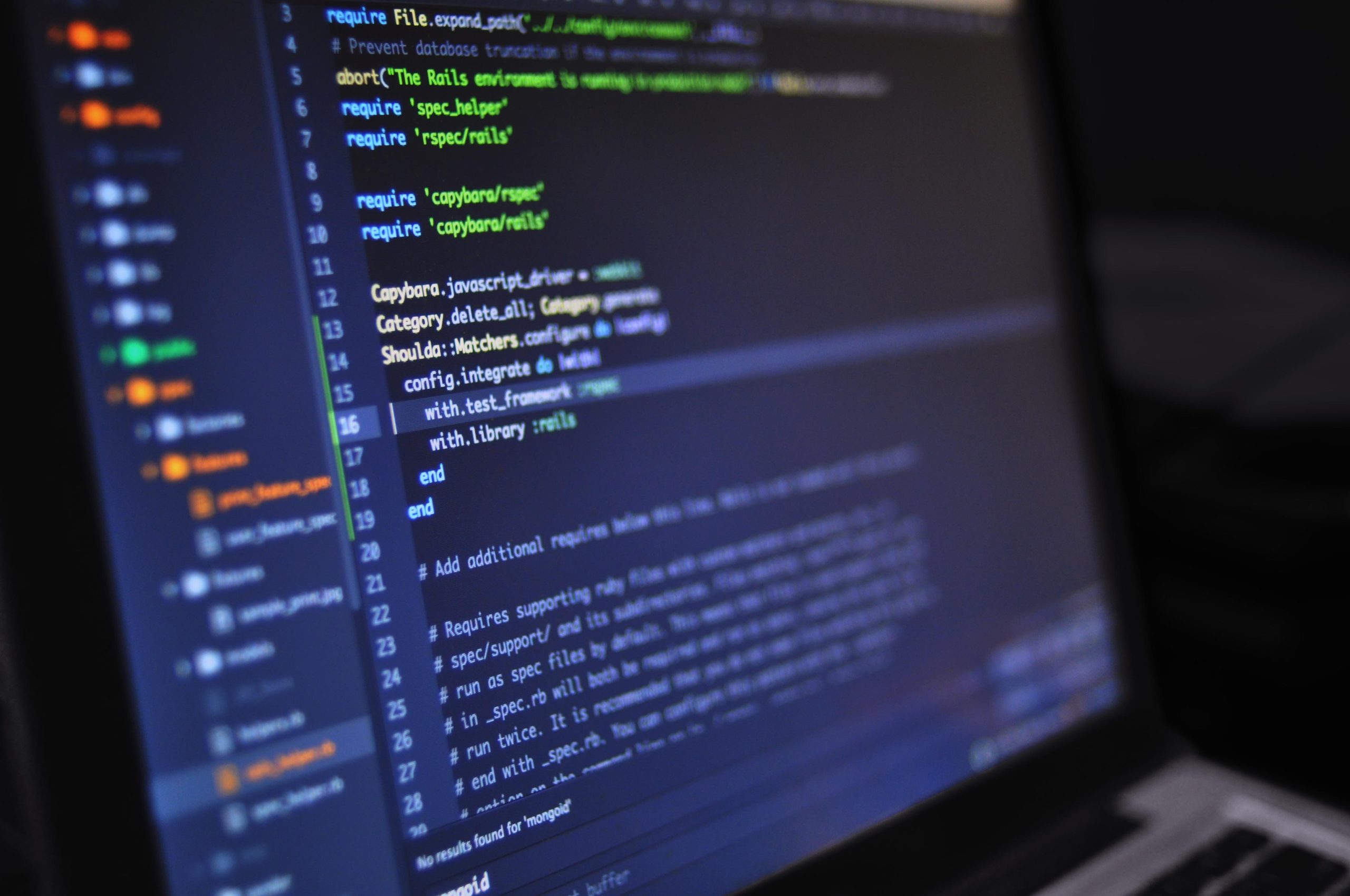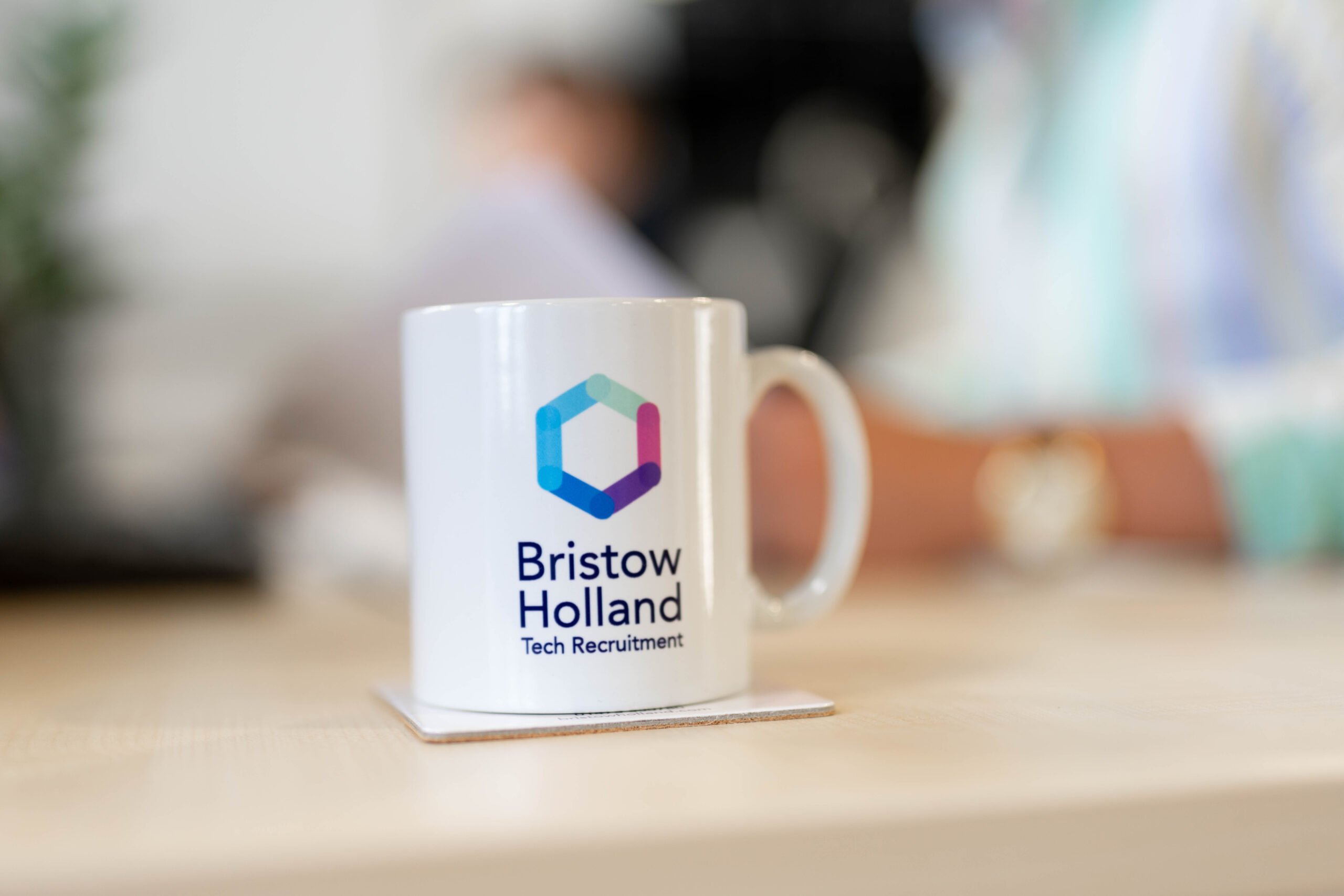The Use of Artificial Intelligence (AI) in Recruitment
There are very few business processes that can’t be made more efficient by the introduction of Artificial Intelligence (AI), and...
There are very few business processes that can’t be made more efficient by the introduction of Artificial Intelligence (AI), and recruitment is no different. That’s not to say that AI can handle the process beginning to end, but it can offer considerable benefits by streamlining some of the more repetitive tasks.
In this article, we’ll take a look at the elements of the recruitment process that AI can improve and those where there’s still no substitute for a little human intervention.
The technological advancements in recruitment
Over the last 20 years, technology has transformed the recruitment process beyond recognition. Having grown up in a time when job advertisements were found in the local paper and handing out CVs to businesses in person was the norm, it’s amazing to see just how far it has come. The simple truth is that technology makes recruitment much easier. 
Recruiters and employers can advertise roles online to attract talent from around the globe and not just the readership of the local paper. Applicants can then apply with the touch of a button rather than completing a 10-page application form on paper. Even the interview process can be streamlined, with recruiters adhering to the current restrictions by conducting interviews remotely. The result is a pandemic-proof process that can take place quickly.
The impact of artificial intelligence (AI)
One of the big misconceptions about artificial intelligence (AI) is that it’s here to take people’s jobs, but that’s not the case. When used properly, its role is to help people do their jobs better. Recruitment will always be a human process, with people hiring people. The presence of AI actually serves as a promotion, letting recruiters focus on the important tasks that add value and not the box-ticking exercises.
There are several potential AI applications in recruitment. That includes:
- Automating responses – Some recruiters and employers use AI to provide automated responses to applicants, saving time by producing direct, professional and formal responses at various stages of the process.
- Finding better-qualified candidates – Rather than recruiters sifting through huge databases of candidates themselves, AI-enabled tools can monitor databases of passive candidates and predict their readiness and suitability for prospective vacancies.
- Reducing human bias – Even the most well-meaning of recruiters still have some unconscious bias. AI can be used to identify the applicants that are best suited to particular roles based on their skills and experience and not their gender, age or ethnicity.
- Identifying market shifts – AI can also identify early trends in the recruitment market. For example, spotting an increase in job requests for electrical engineers can help recruiters anticipate skills gaps before the competition.
AI gives recruiters more time for human interaction
Recruitment is a people business and candidates should rightly expect a level of human interaction at crucial stages of the hiring process. This human interaction between a job seeker and the recruiter creates a platform for a successful relationship to be built. That helps candidates to find suitable jobs and employers to fill their skills gaps.
With AI taking care of many of the time-consuming tasks, recruiters can focus on adding value for their candidates. Recruiters have experience and knowledge of specific sectors and employers. That allows them to provide invaluable guidance during a candidate’s job search. For example, they can give candidates advice on the details to include in their application, help them to prepare for an interview and even guide them when considering their salary expectations.
The limitations of AI in recruitment
Artificial intelligence is transforming the way recruiters source and manage candidates, but there are still elements of the process that AI does not perform well. For example, there have been cases where recruiters have relied on video-based screening interviews run by AI, with candidates not even meeting their potential employers. When candidates have taken the time to apply for the role and prepare for the interview, is using a machine to judge their performance really fair? 
Another issue resulting from the over-reliance on AI is that many candidates aren’t receiving the personalised feedback that’s necessary to improve and learn. It’s not always possible to contact every applicant for a role to explain why they weren’t shortlisted for an interview. However, quality recruiters will take the time to provide feedback to applicants who weren’t successful following the recruitment stage.
Recruitment always requires a human element
As we’ve shown, AI certainly has its place in recruitment, and when used properly, it can free up recruiters to do what they do best. That’s to provide tailored advice, guidance and support to candidates. However, it also has its limitations.
At its heart, recruitment is the process of people hiring people. A level of human interaction is essential to building trust and ensuring the best talent is placed in suitable roles – that’s something that can’t be done artificially. For expert recruitment with the human touch, get in touch with Bristow Holland today.









